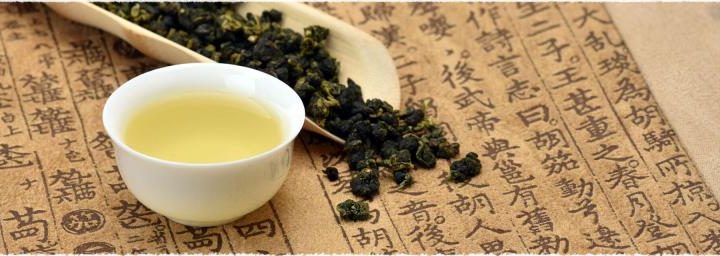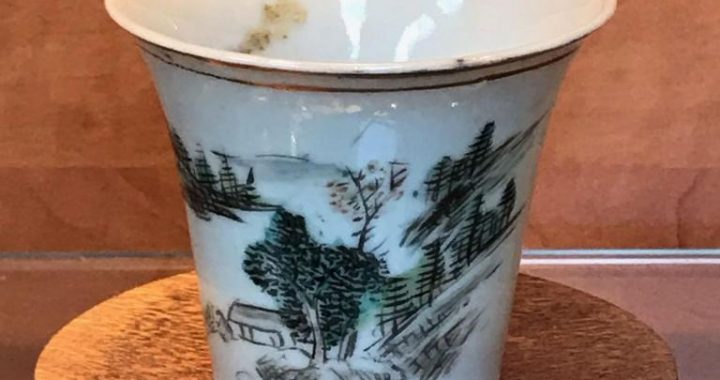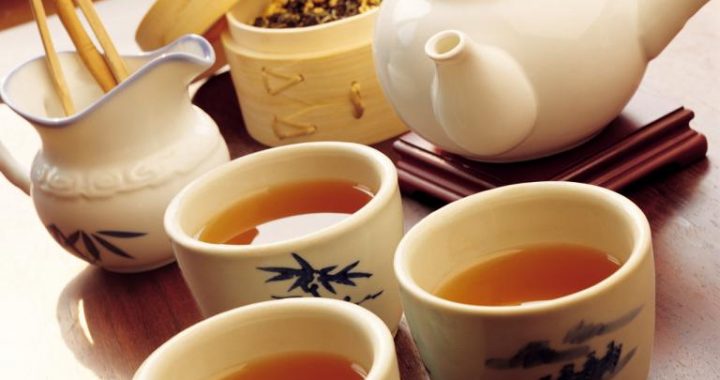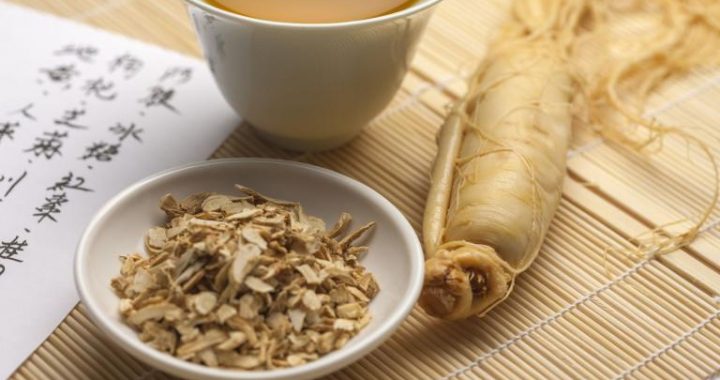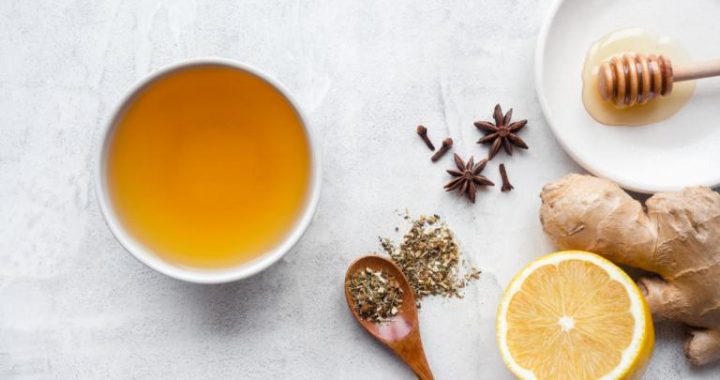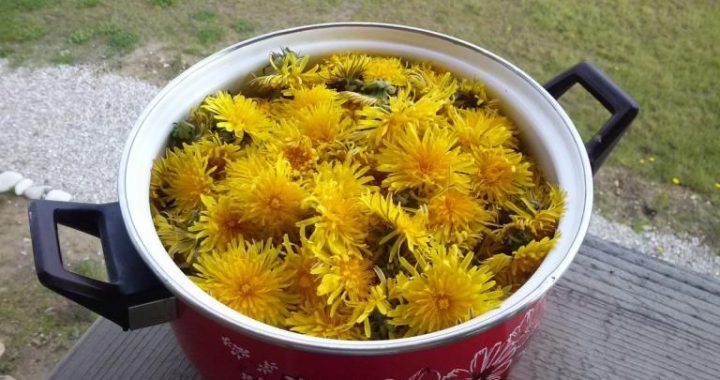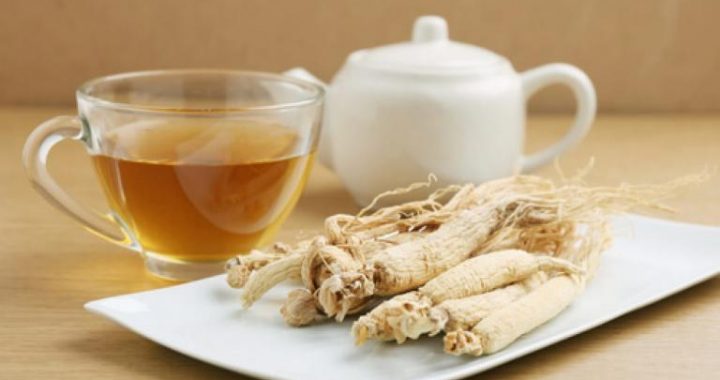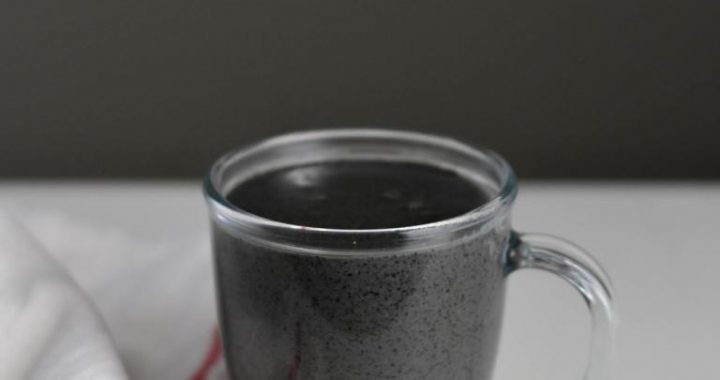The Four True Meanings of Tea Ceremony
4 min readAfter the 1980s, the tea culture circle made some summaries and conclusion to the fundamental spirits of the Chinese tea ceremony. According to the Chinese Tea Ceremony by Ling Zhi, the modern people tend to consider “harmony, quietness, pleasure, and nature”as the four essence of the Chinese tea ceremony.
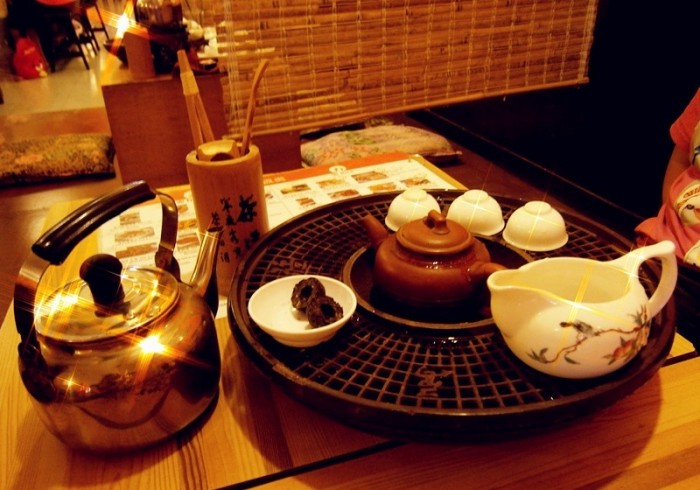
Harmony, the Philosophic Core of Chinese Tea Ceremony
“Harmony”is the common philosophical idea of the Chinese Confucianism, Buddhism and Taoism, but these three schools all have different understanding and explanations towards the “harmony”in tea ceremony.
On the basis of the philosophical theory of “supreme harmony”, the Confucianism derived from the tea affairs the harmonious thought of “juste-milieu”. The scholarsheld the opinion that in the tea affairs tea brewing embodied the beauty of golden mean, guest entertaining represented the understanding of moral principles, tea drinking represented the principle of being modest and amiable, and the procedure of tea tasting showed the morals of thrifty, therefore they considered “harmony”as the tenet of the tea affairs.
The Taoism elicited the idea of “harmony between Heaven and Man”from “harmony”.
They think that human being and all the other things in the natural world are all originated in the harmony of yin and yang; the human being and the other things were originally a related whole, so they should feel intimacy toward each other. In the social activities, the Taoists believe that the good and the bad can exist simultaneously, people should hide their abilities and stand aloof from worldly strife. According to tea ceremony, Taoist understanding of harmony put much emphasi on being on intimate terms with nature. They pursue the realm of “harmony between Heaven and Man, beyond the worldly and one’s own affairs”and the way of “gaining tranquility and harmony”to keep in good health.
The Buddhism advocates that in the process of practicing Buddhism, people should follow the theory of middle course and advocate harmony and honest morality.
Therefore, the most remarkable representation of the “harmony”in Buddhism in tea ceremony is “tea resembling Buddhist meditation”, which in fact is the blending of the foreign Buddhism culture and the original culture in China.

Quiet, the Necessary Practice in Chinese Tea Ceremony
In the traditional Chinese culture system, the idea of being away from all the evils and worries of the Taoism had a profound influence on the later world, and derived from it the theory of “tea should be tasted quietly”in the Chinese tea ceremony, pursuing the peaceful surroundings of the tea drinking environment, which in fact was to reach the realm of “beyond worldly desires and pursuits”.
The Chinese tea ceremony was just to create a serene atmosphere as well as a free and natural disposition through the activities of tea affairs. When you are soaked by the fragrance of tea silently, your spirit will be purged and distillated, and merge with the nature, achieving the harmony between you and the nature. The drinkers’ pursuing and enjoying of a simple but elegant tea ceremony is represented thereout. This realm is the necessary procedure in the practices of Chinese tea ceremony, which is the same with the procedure of sitting tranquilly and meditating in the Buddhist temples.
Pleasure, the Feeling in the Practices in Chinese Tea Ceremony
The Chinese tea ceremony appeals to both refined and popular tastes. The tea drinkers usually don’t emphasize form in daily drinking, only pursuing the en joyment of freedom and pleasure that the Taoism advocated. In the activities of tea affairs, people of different positions, different religions and different cultural background all could get the pleasure physically and comfort spiritually,i.e. the pleasure pursued in the tea ceremony.
During the course of tea tasting, no matter who you are, you should all relax in deed, and release your soul in a state with no desires, to make your body and mind healthier and more comfortable. If the tea drinkers tasted tea in a realm indifferent to fame and wealth, they must be able to merge their emotions and lives with nature. The pleasure pursued in the Chinese tea ceremony guaranteed a very broad masses market for tea, which was also one of the fundamental symbols that the Chinese tea ceremony differed from the Japanese tea ceremony of “purity and quiet”.

Genuineness, the Ultimate Pursuit of Chinese Tea Ceremony
The genuineness that the Chinese tea ceremony pursued was originated from the realm of “returning to nature”which was advocated by the Taoism. The “genuineness” that the Chinese tea ceremony emphasized should not only include that tea should be genuine tea, genuine aroma and genuine taste; the environment had better be genuine mountains and waters; the calligraphies and paintings on the wall had better be authentic works by famous writers or artists; the utensils used had better be genuine bamboo, genuine wood, genuine clay and genuine porcelain, but also include that treating people whole-heartedly, entertaining guests with true feelings, talking honestly and being in a true idle frame of mind. In a word, the Chinese teaceremony demands that every procedure of the tea affairs should keep the state of genuineness, which is the starting point and also the ultimate pursuit of the tea ceremony.
